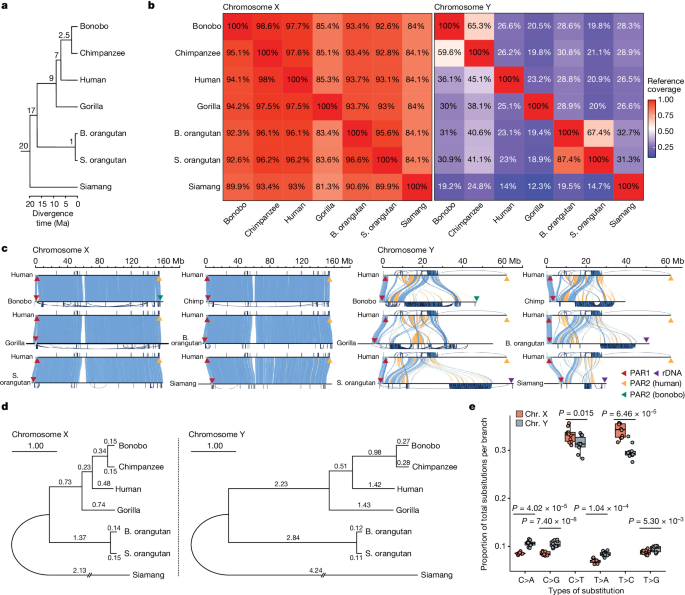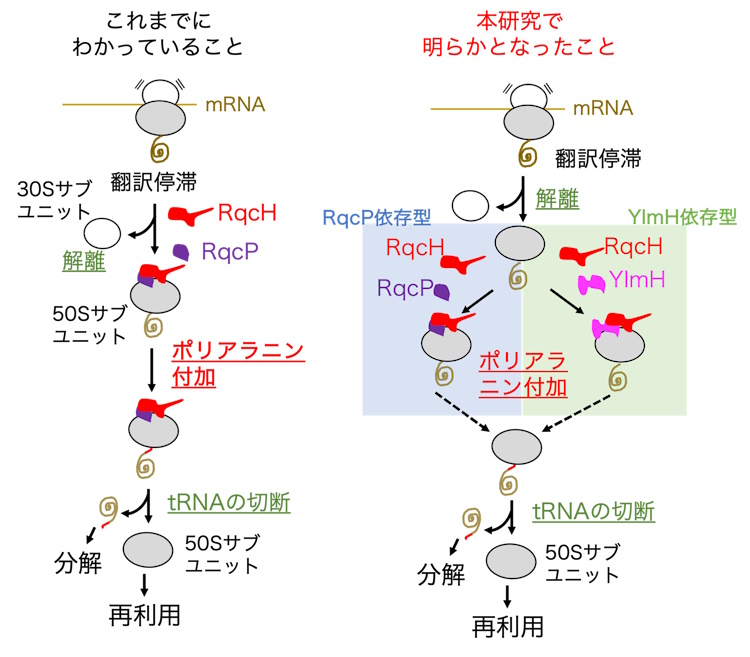霊長類の脳はなぜ大きいのか?パナマの熱帯雨林で、大きな脳を持つ霊長類と小さな脳を持つ哺乳類を比較し、誰が最も賢い採餌者かを調べた。Why do primates have big brains? In the Panamanian rainforest, scientists pitted large-brained primates against smaller-brained mammals to find out who was the smartest forager
2024-05-29 マックス・プランク研究所
◆研究者たちはパナマの熱帯雨林で4種の果物を食べる哺乳類の行動を追跡し、大脳を持つ霊長類が小脳の哺乳類よりも果物探しにおいて効率的でないことを発見しました。この研究は、脳の大きさが食物探しの効率とは関係ないことを示し、他の進化の要因への注目を促しています。例えば、大きな脳はエピソード記憶の向上や道具使用、社会的複雑性に関連している可能性があります。
<関連情報>
- https://www.mpg.de/21970352/0523-ornr-the-hunger-games-987453-x
- https://royalsocietypublishing.org/doi/10.1098/rspb.2024.0138
賢い採食者は賢い採食をしない:脳の拡大に関する食事仮説の検証 Smarter foragers do not forage smarter: a test of the diet hypothesis for brain expansion
Ben T. Hirsch,Roland Kays,Shauhin Alavi,Damien Caillaud,Rasmus Havmoller,Rafael MaresandMargaret Crofoot
Proceedings of the Royal Society B Published:29 May 2024
DOI:https://doi.org/10.1098/rspb.2024.0138

Abstract
A leading hypothesis for the evolution of large brains in humans and other species is that a feedback loop exists whereby intelligent animals forage more efficiently, which results in increased energy intake that fuels the growth and maintenance of large brains. We test this hypothesis for the first time with high-resolution tracking data from four sympatric, frugivorous rainforest mammal species (42 individuals) and drone-based maps of their predominant feeding trees. We found no evidence that larger-brained primates had more efficient foraging paths than smaller brained procyonids. This refutes a key assumption of the fruit-diet hypothesis for brain evolution, suggesting that other factors such as temporal cognition, extractive foraging or sociality have been more important for brain evolution.


